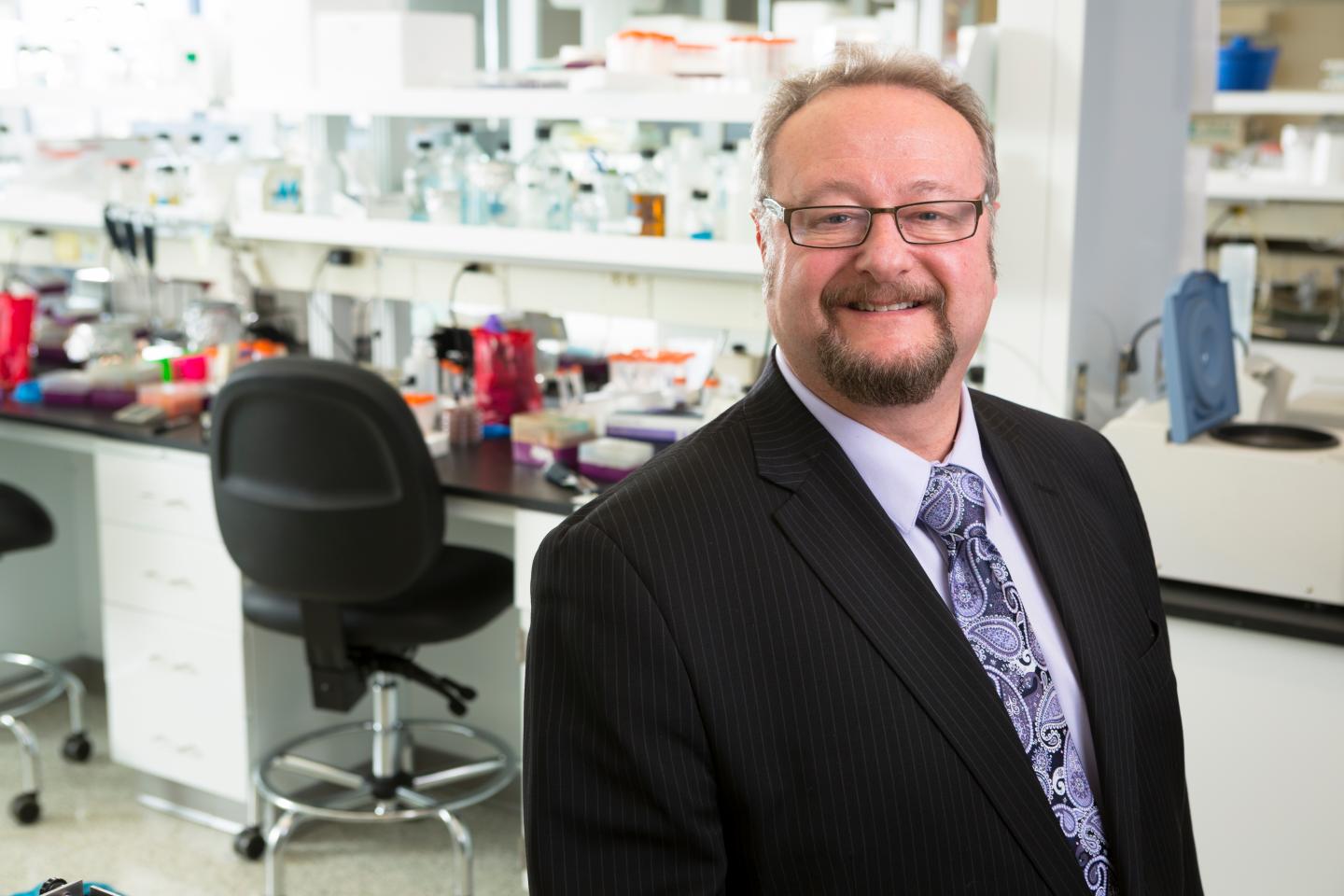It has been estimated that a mere five to ten percent of eligible adults enroll in clinical trials, while only five percent of those who do participate complete the trial. In addition, two-thirds of trials are either never fully recruited or are late in their recruitment—six months behind, on average.
To address this issue, a University at Buffalo researcher has developed a smartphone app designed to boost recruitment.
“One of the greatest barriers to recruitment has been to convince clinicians to spend the time in their very busy practices to explain the trials to potential participants,” said Peter Elkin, MD, professor and chair of the Department of Biomedical Informatics in the Jacobs School of Medicine and Biomedical Sciences at UB and professor in the Department of Medicine.
Other barriers for clinical trial enrollment, according to Elkin, include (but are not limited to):
-
Inconvenient location
-
Too great of a time commitment
-
The study intervention may have side effects, which are not tolerated by the participant
All of these inconveniences for the patient will in turn affect how pharmaceutical companies operate going forward with their clinical trials.

The purpose of the app Elkin developed is to try to overcome some of the bottlenecks in clinical trial recruitment that prevent medical advances from reaching the patients who need them. (Photo credit: Douglas Levere, University at Buffalo.)
“We’ve developed a cell phone app that allows patients to quickly and easily evaluate clinical trials, the time commitment involved, and the location of the study nearest their home,” said Elkin.
The cell phone app, with a working title of Participants in Science (PartSci), was created to improve clinical trials recruitment.
“We collect information regarding the trials from the Principal Investigators and the Clinical Trial Management System,” explained Elkin. These contain demographic information, the study calendar and procedures, any remuneration to the patient, the description of the study, and the study locations.
“I see them becoming global,” Elkin said when asked about what he sees for future clinical trials. “We need millions instead of thousands of participants in these trials to ensure the safety of new treatments.
“Every day a good drug is delayed in coming to market costs the drug companies at least 3 million dollars. From our perspective though, the more important issue is to get good treatments into the hands of patients and clinicians who need to use them.”
About Dr. Elkin:
Peter L. Elkin, MD, MACP, FACMI, FNYAM
Professor and Chair
Department of Biomedical Informatics
Professor and Vice-Chair for Quality and Patient Safety
Department of Internal Medicine
Jacobs School of Medicine and Biomedical Sciences
University at Buffalo
State University of New York
Follow us on Twitter and Facebook for updates on the latest pharmaceutical and biopharmaceutical manufacturing news!




